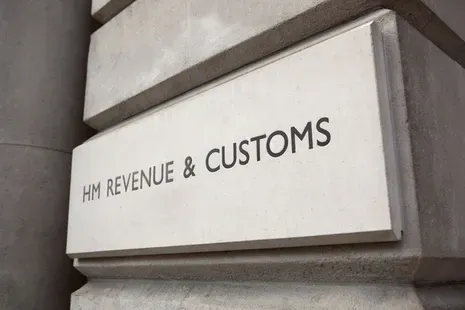UK Tax authority updates crypto policy according to a report by Cointelegraph. Her Majesty’s Revenue and Customs (HMRC) policy does not recognize cryptoassets as money. However, any gains will be covered under tax laws.
Defining Cryptoassets
Cryptoassets (or ‘cryptocurrency’ as they are also known) are cryptographically secured digital representations of value or contractual rights that can be:
- transferred
- stored
- traded electronically
While all cryptoassets use some form of Distributed Ledger Technology (DLT) not all applications of DLT involve cryptoassets.
HMRC does not consider cryptoassets to be currency or money. This reflects the position previously set out by the Cryptoasset Taskforce report . They have identified 3 types of cryptoassets:
- exchange tokens
- utility tokens
- security tokens
However the tax treatment of all types of tokens is dependent on the nature and use of the token and not the definition of the token.
The policy considers the taxation of exchange tokens (like bitcoins) and does not specifically consider utility or security tokens. For utility and security tokens this guidance provides our starting principles but a different tax treatment may need to be adopted.
Trading in exchange tokens
As with the tax analysis of other types of business the question of whether a trade is being carried on is a key factor in determining the correct tax treatment.
Whether the buying and selling of exchange tokens amounts to a trade depends on a range of factors including:
- degree and frequency of activity
- level of organisation
- intention (including risk and commerciality)
If a person or business’s activities amount to a trade, the receipts and expenses will form part of the calculation of the trading profit. If a trade is carried on through a partnership (or is treated for tax purposes as being so), the partners will be taxed on their share of the trading profit of the partnership.
If the exchange tokens are held as part of an existing trade, profits of a revenue nature will need to be included in the trading profits. For example, if a company carrying on a trade accepts exchange tokens as payment from customers, or uses them to make payments to suppliers, the tokens given or received will need to be accounted for within the taxable trading profits.
If the activities do not amount to a trade, businesses must still consider if other legislation applies.
Mining
Cryptoassets can be awarded to ‘miners’ in return for verifying additions to the distributed ledger. Whether such activity amounts to a taxable trade (with the cryptoassets as trade receipts) will depend on the particular facts – taking into account a range of factors such as:
- degree and frequency of activity
- level of organisation
- risk
- commerciality
For example, using a home computer while it has spare capacity to mine tokens would not normally amount to a trade. However, purchasing a bank of dedicated computers to mine tokens for an expected net profit (taking account the cost of equipment and electricity) would probably constitute trading activity.
If the mining activity does not amount to a trade, the value (at the time of receipt) of any cryptoassets awarded for successful mining will generally be taxable as miscellaneous income, with any appropriate expenses reducing the amount chargeable.
If the activity does amount to a trade, any profits must be calculated according to the relevant tax rules.
If the miner keeps the awarded assets, they may have to pay Capital Gains Tax or Corporation Tax on chargeable gains when they later dispose of them.
UK Tax Authority updates crypto policy to bring crypto users under the gambit of tax payment.



